Ever worry about your phone’s privacy? You’re not alone. Over 70% of people feel their data privacy is out of their hands. But don’t fret! This article will show you why you need a VPN on your phone and how it can protect your privacy.
Ready to take control of your digital life?
Key Takeaways
VPNs protect your privacy on public Wi-Fi by encrypting your data and hiding your location from hackers and trackers.
A VPN lets you access geo-blocked content and bypass censorship by masking your real location.
Using a VPN is crucial for secure online banking and shopping on your phone, especially on public networks.
Quality mobile VPNs offer AES-256 encryption, a strict no-logs policy, and fast connection speeds for around $2-$10 per month.
While free VPNs exist, paid services are safer and more reliable for protecting your privacy and data.
Table of Contents
Key Advantages of a VPN on Your Smartphone
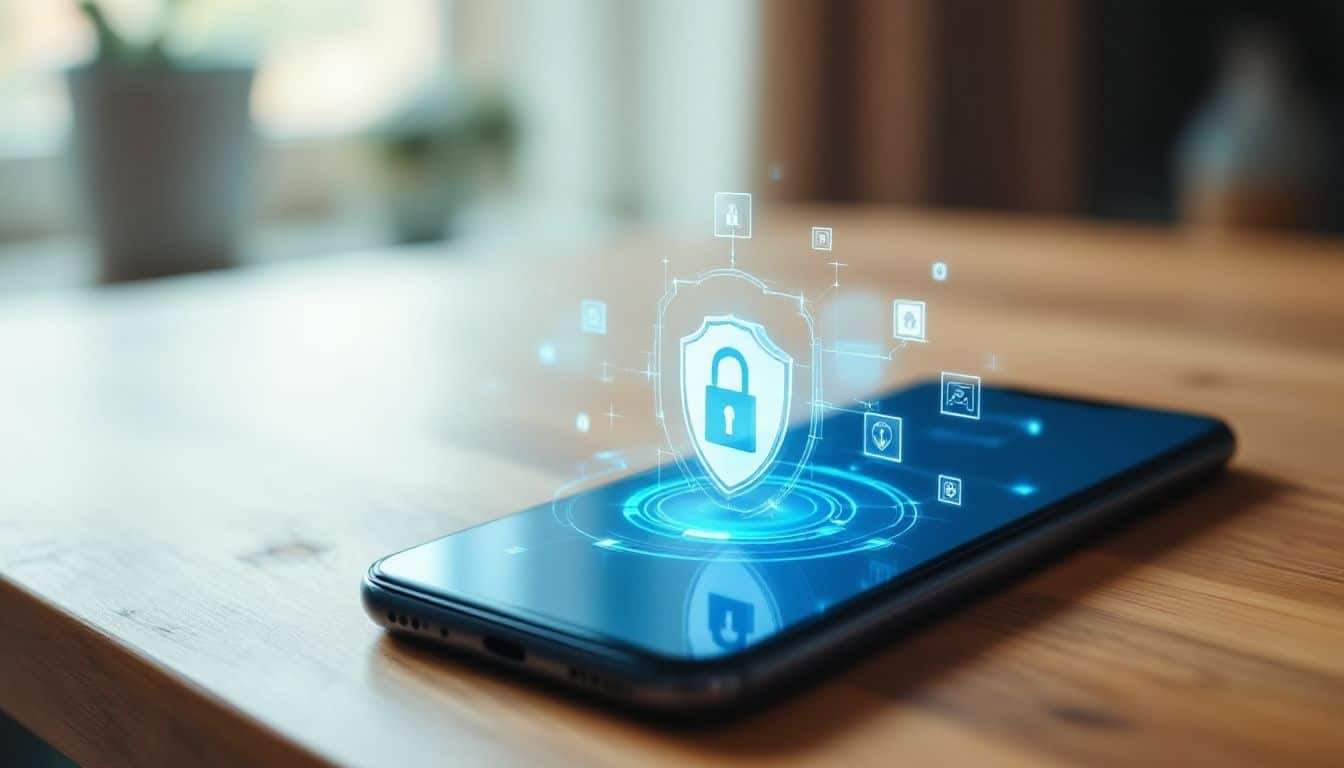
Your phone holds a ton of secrets. A VPN can keep those secrets safe – and do so much more. It’s like a digital bodyguard for your smartphone, protecting your data and opening up a world of possibilities.
Enhancing Your Privacy and Security

VPNs are like a secret tunnel for your phone’s internet. They hide your online moves from nosy eyes. With a VPN, your data gets wrapped in tough encryption – it’s like putting your info in an unbreakable safe.
This keeps hackers and snoops out of your business. Plus, VPNs mask your real location. It’s as if you’re wearing an invisible cloak while browsing!
But that’s not all. A good VPN also blocks annoying ads and stops websites from tracking you. It’s like having a bodyguard for your digital life. Many top VPN apps even scan for malware, adding an extra layer of defense.
With all these perks, using a VPN on your phone is a no-brainer for tech-savvy folks who value their privacy.
Accessing Geo-Restricted Content

Geo-blocks can be a real pain. You’re trying to watch your favorite show, but bam! You hit a wall because you’re in the “wrong” country. That’s where a VPN swoops in to save the day.
It’s like a magic cloak for your phone, hiding your real location. Suddenly, you’re “in” the US, UK, or wherever you need to be to access that sweet, sweet content.
I’ve used ExpressVPN to binge-watch shows not available in my country. It’s a game-changer! With a tap, I’m zipping through digital borders, accessing websites and streaming services that were once off-limits.
NordVPN and Surfshark work great too. They mask your IP address, tricking sites into thinking you’re somewhere else. It’s not just about TV shows either – news sites, sports events, even some online stores become fair game.
It’s like having a skeleton key for the internet… pretty cool, right?
Overcoming Censorship and Throttling
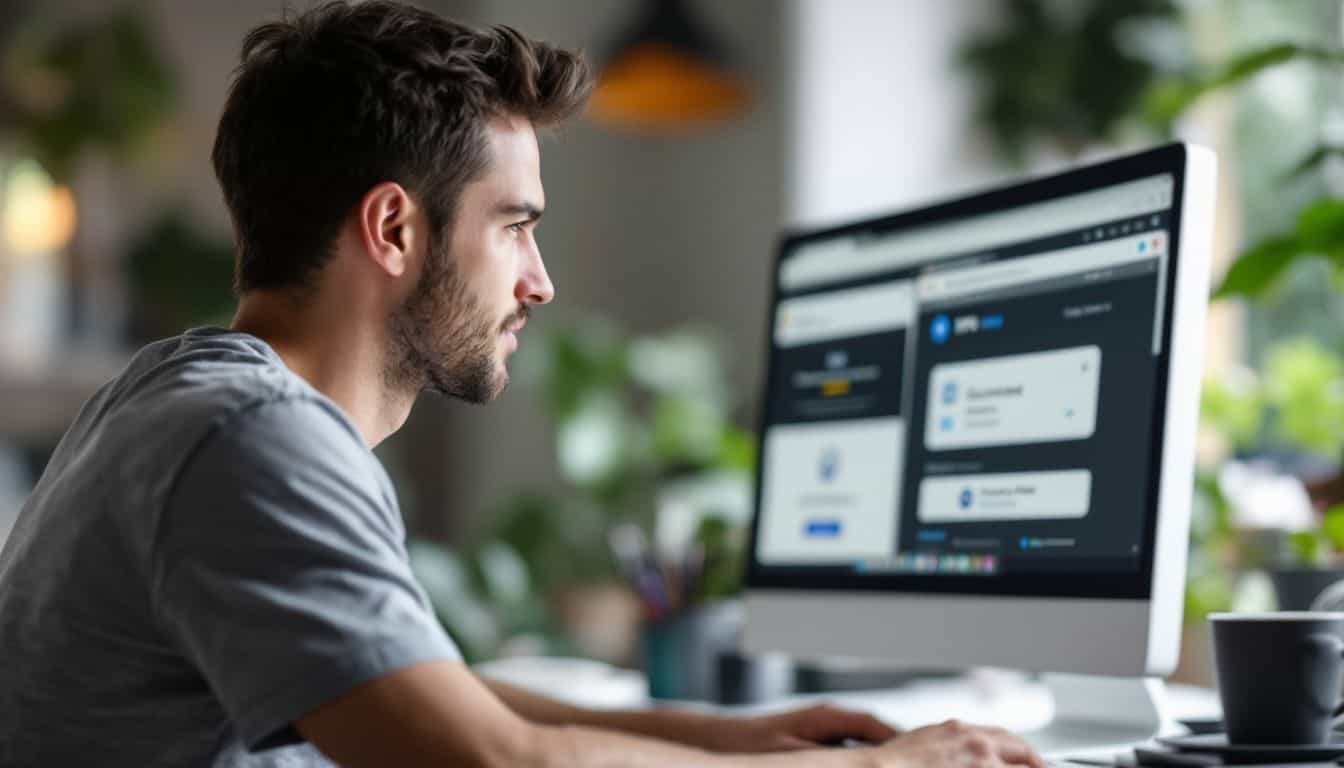
VPNs are like secret tunnels for your internet. They let you slip past walls that block websites and slow down your connection. Imagine you’re in a country where Facebook is off-limits.
With a VPN, you can hop to a server in another place and… voilà! Facebook’s back on the menu. It’s not just about social media, though. VPNs help you dodge throttling, too – that’s when your internet provider puts the brakes on your speed.
A VPN is your digital passport to internet freedom.
I’ve used VPNs to watch shows that weren’t available in my area. It felt like magic! One click, and suddenly, I had access to a whole new world of content. But it’s not all fun and games.
VPNs are serious tools for beating censorship. They give a voice to people in places where free speech is limited. That’s pretty powerful stuff, if you ask me.
Crucial Situations for VPN Use on Mobile Devices
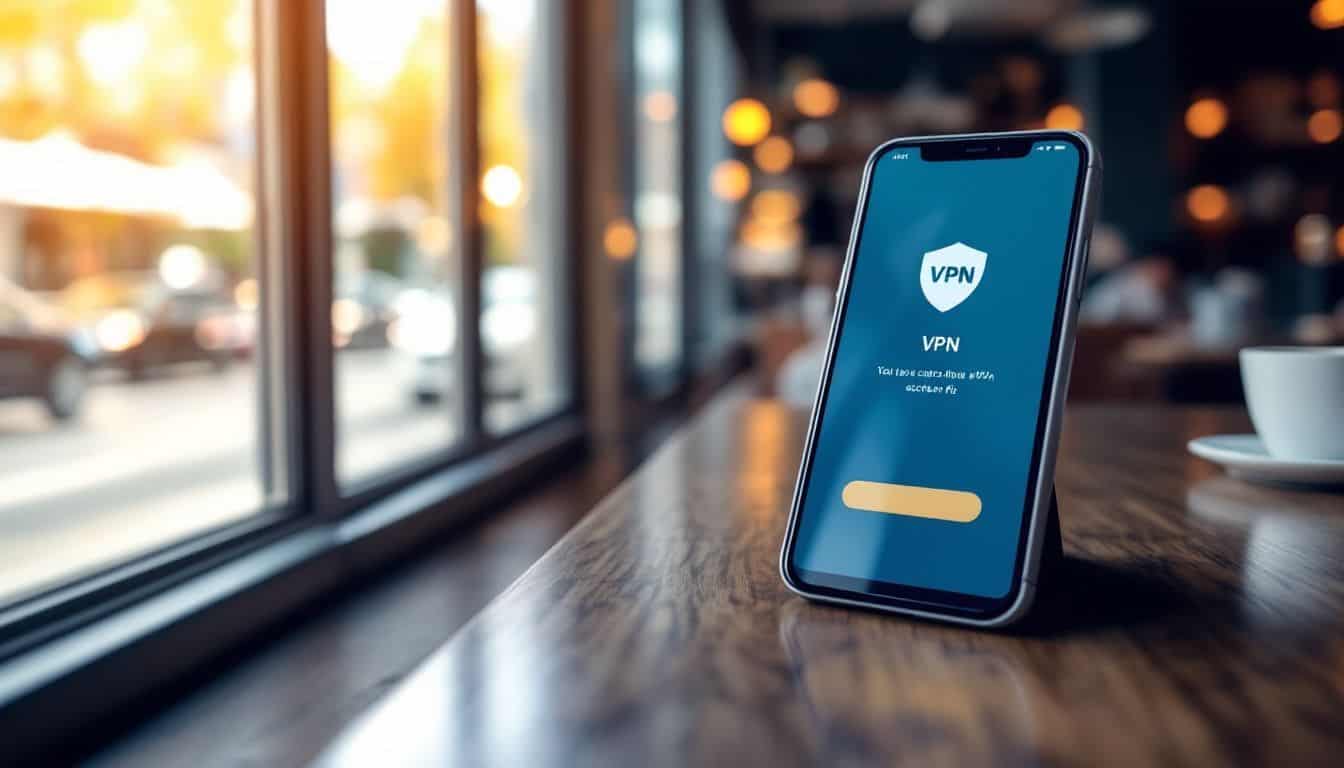
Ever thought about when a VPN is really necessary on your phone? Imagine this – you’re at a bustling café, enjoying a coffee and checking your emails. That’s the moment a VPN becomes your digital protector.
Securing Data on Public Wi-Fi Networks
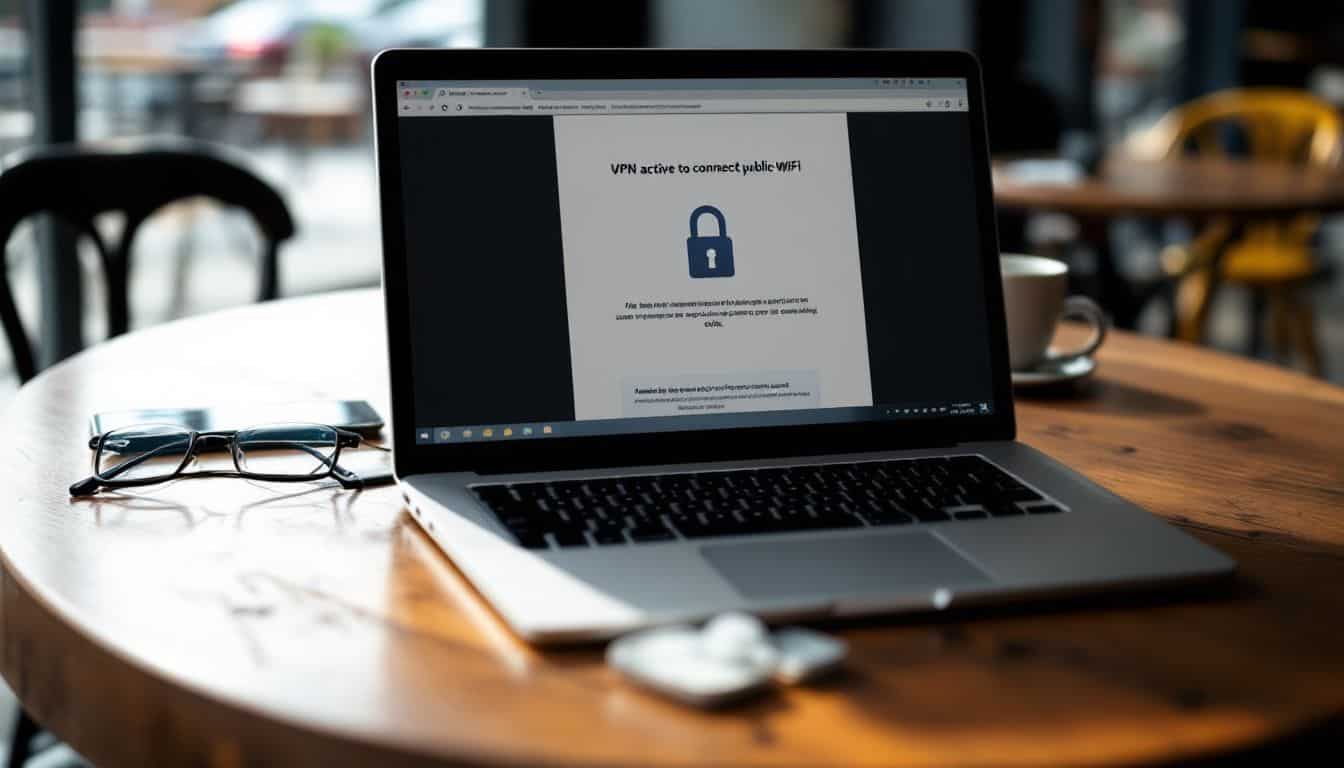
Public Wi-Fi is a hacker’s playground. These networks are often unsecured, making it easy for bad guys to snoop on your data. That’s where a VPN comes in handy. It creates a secure tunnel for your internet traffic, keeping your info safe from prying eyes.
Think of it as a secret passage for your data – no one can peek inside!
Using a VPN on public Wi-Fi is a must for geeks who value their privacy. According to Private Internet Access (PIA), it encrypts your connection, making it tough for cybercriminals to steal your passwords or credit card info.
Plus, it hides your IP address, so websites can’t track your location. It’s like wearing an invisibility cloak while surfing the web – pretty cool, right?
Remote Safe Access to Your Home Network
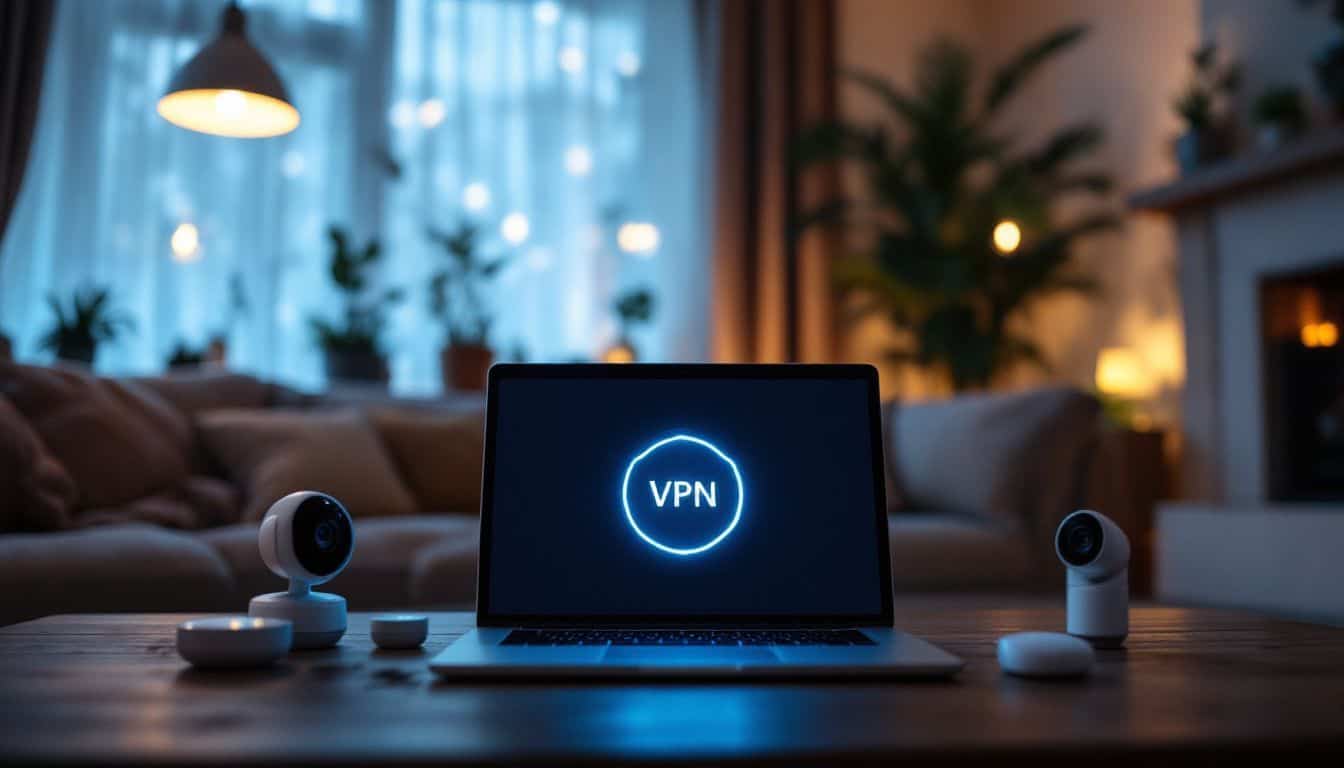
VPNs aren’t just for public Wi-Fi. They’re your secret weapon for accessing your home network from afar. You’re on vacation, but you need that crucial file from your home computer.
No sweat! A VPN lets you safely connect to your home network as if you were right there. It’s like having a magic key that opens a secure tunnel straight to your digital fortress.
A VPN is like a personal bodyguard for your online life.
But that’s not all! With a VPN, you can also control your smart home devices from anywhere. Turn on lights, adjust the thermostat, or even check your security cameras – all without worrying about hackers snooping on your connection.
It’s like being a tech wizard with superpowers, keeping your digital kingdom safe and sound no matter where you are.
Conducting Financial Transactions Securely

Money matters need extra care online. A VPN acts like a shield for your cash moves. It wraps your data in a tough code, keeping nosy folks out. This is key when you’re buying stuff or checking your bank balance on your phone.
Hackers can’t snatch your info if they can’t read it.
I once used public Wi-Fi to pay a bill. Big mistake! My account got hacked. Now, I always fire up my VPN before any money stuff. It’s like having a bodyguard for my digital wallet.
Plus, it lets me access my US bank account even when I’m abroad. No more stress about weird foreign ATMs or shady currency exchange spots.
Essential Features of a Quality Mobile VPN
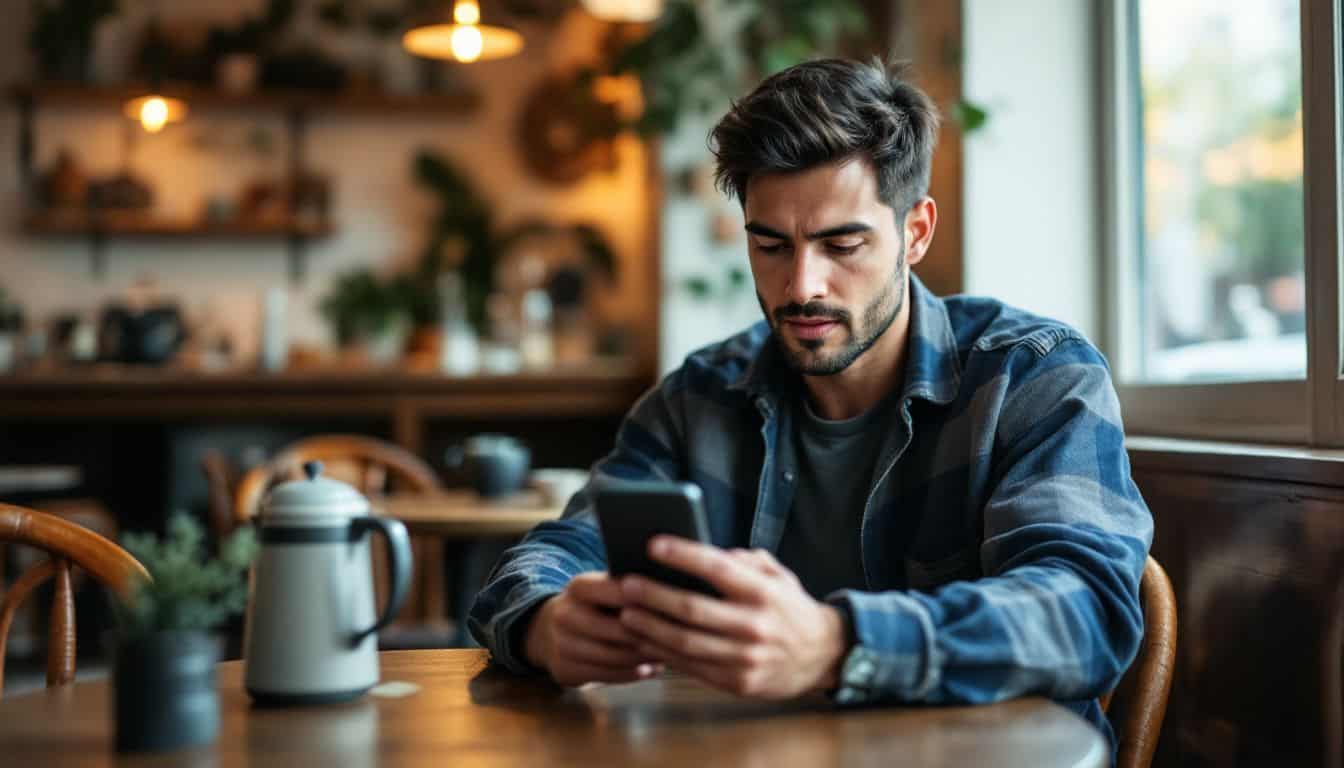
A top-notch mobile VPN packs a punch with key features that’ll make your online life a breeze. Wanna know what they are? Keep reading!
Robust Encryption Standards
 Robust encryption standards are the backbone of any solid VPN. AES-256, the gold standard in encryption, keeps your data locked up tight. It’s like having a digital Fort Knox for your phone.
Robust encryption standards are the backbone of any solid VPN. AES-256, the gold standard in encryption, keeps your data locked up tight. It’s like having a digital Fort Knox for your phone.
No hacker or snoop can crack this code – it’s that tough.
Think of encryption as a secret language for your data. Only you and the VPN server know how to speak it. This means your online activities stay private, even on public Wi-Fi. It’s crucial for keeping your info safe when you use a VPN for banking or shopping on your phone.
I’ve used this level of encryption myself, and it’s given me peace of mind in sketchy hotspots.
Encryption is the last line of defense for our digital lives. – Anonymous
Strict No-Log Policy
Strong encryption keeps your data safe, but a no-log policy adds extra protection. It’s like having a guard who protects your house and forgets everything he sees. NordVPN offers this level of privacy.
They don’t track or store your online activities. It’s not just talk – independent audits support their claims. This means your browsing history, downloads, and chats stay truly private.
Why does this matter? Think of your internet use as a diary. You wouldn’t want anyone reading it, right? A VPN with a no-log policy is like a self-erasing diary. Every page disappears after you write it.
This protects you from curious ISPs, hackers, and even government snooping. It’s peace of mind online. For tech enthusiasts who value their privacy, a strict no-log policy is an essential feature in any VPN service.
Consistent and Fast Connection Speeds
Fast and steady connections are key for a good VPN. Nobody likes waiting around for pages to load or videos to buffer. Top VPNs offer quick speeds that won’t slow you down. They use smart tech to route your data efficiently.
This means you can stream, game, and browse without annoying lags or delays.
Good VPNs also keep your connection stable. They don’t drop out randomly or make you reconnect all the time. According to the VPN experts at Unfinished Man, people use a VPN on their phone because it keeps them safe and connected.
With prices ranging from $5 to $16 monthly, it’s worth paying for quality. Next up, let’s look at how to get a VPN on your phone.
Steps to Install a VPN on Your Phone
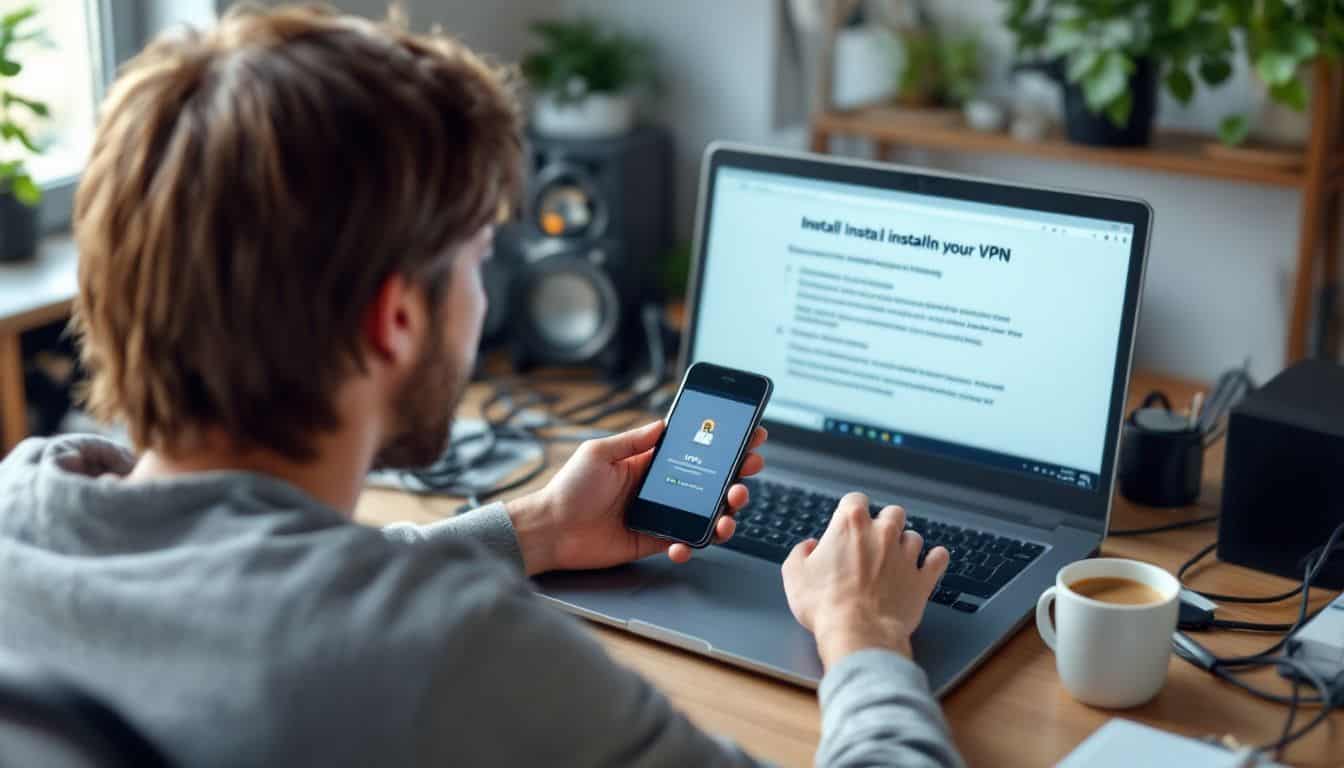
Ready to shield your phone? Let’s dive into the nitty-gritty of VPN setup. It’s easier than you think – promise!
Installation Guide for Android Devices
Setting up a VPN on your Android device is a breeze. Here’s a step-by-step guide to get you started:
- Open Settings: Tap the gear icon on your home screen or app drawer.
- Find Network & Internet: Scroll down and tap this option.
- Locate VPN: It’s usually near the bottom of the list.
- Add a new VPN: Tap the plus sign or “Add VPN” button.
- Enter VPN details: Fill in the name, type, and server address from your VPN provider.
- Save the config: Hit “Save” to store your new VPN setup.
- Connect to VPN: Tap the name of your newly added VPN.
- Input credentials: Enter your username and password.
- Establish connection: Hit “Connect” to start using your VPN.
- Verify connection: Look for a key icon in your status bar to confirm you’re connected.
- Tweak settings: Go back to VPN settings to adjust options like “Always-on VPN” if desired.
- Test your VPN: Open a browser and check your IP address to ensure it’s changed.
Installation Guide for iOS Devices
iOS users, get ready to boost your privacy! Setting up a VPN on your iPhone or iPad is easy. Here’s how to do it:
- Open the App Store on your iOS device.
- Look for a trusted VPN app like ProtonVPN or NordVPN.
- Tap “Get” or the price button to download and install the app.
- Open the VPN app once it’s installed.
- Create an account or log in if you already have one.
- Allow the app to add VPN configurations when asked.
- Pick a server location from the list provided.
- Tap the “Connect” button to start your VPN connection.
- Look for the VPN icon in your status bar to confirm it’s working.
- Enjoy your new level of online privacy and security!
Keep your VPN app updated for the best protection. Happy surfing!
People Also Ask
Why should I use a VPN on my phone?
A VPN shields your online activities from prying eyes. It’s like a secret tunnel for your data. With cybercriminals lurking, your privacy is at stake. A VPN keeps your info safe when you’re on public Wi-Fi or streaming your favorite shows.
Can a VPN protect me from malware and phishing?
While a VPN isn’t a cure-all, it adds a layer of defense. It can block access to known phishing sites. But for full protection, pair your VPN with solid antivirus tools. Think of it as wearing both a helmet and kneepads when skating.
Will a VPN slow down my internet speed?
It might, but not always. Some VPNs, like those using Lightway or WireGuard protocols, are speedy. If you’re worried about lag during video calls or gaming, look for a VPN with nearby servers. It’s like choosing the express lane on a highway.
How do I pick the right VPN for my phone?
Look for a VPN that offers apps for your device, whether it’s Android or iOS. Check out reviews on PCMag.com or Reddit. Key features to consider: strong encryption, a no-logs policy, and an easy-to-use interface. It’s like shopping for a new car – test drive a few before you buy.
Are free VPNs good enough for my phone?
Free VPNs are tempting, but they often come with catches. They might sell your data or bombard you with ads. Some reputable options like Proton VPN offer limited free plans. But for the best protection, a paid service is usually worth it. It’s like choosing between a bike lock from a dollar store or a high-security one.
Can a VPN help me access geo-blocked content on my phone?
Yes, a VPN can be your ticket to global content. It can help you watch shows on Netflix or Amazon Prime Video that aren’t available in your country. But remember, this might go against some streaming services’ terms. It’s like using a secret passage to sneak into a movie theater – exciting, but potentially risky.
References
https://ironvest.com/blog/do-i-need-a-vpn-on-my-phone/ (2024-07-20)
https://surfshark.com/blog/is-a-vpn-worth-it (2024-10-17)
https://informationsecurity.wustl.edu/the-power-of-virtual-private-networks-vpn-in-privacy-protection/ (2024-03-28)
https://nordvpn.com/features/next-generation-encryption/
https://nordvpn.com/features/strict-no-logs-policy/
https://www.pcworld.com/article/2434548/your-vpns-no-log-policy-what-it-is-and-why-it-matters.html (2024-08-26)
https://www.security.org/vpn/android/
https://blogdoiphone.com/en/how-to/vpn-iphone/
https://www.security.org/vpn/iphone/
https://www.eccu.edu/blog/cybersecurity/5-reasons-why-you-should-not-use-free-vpns/
